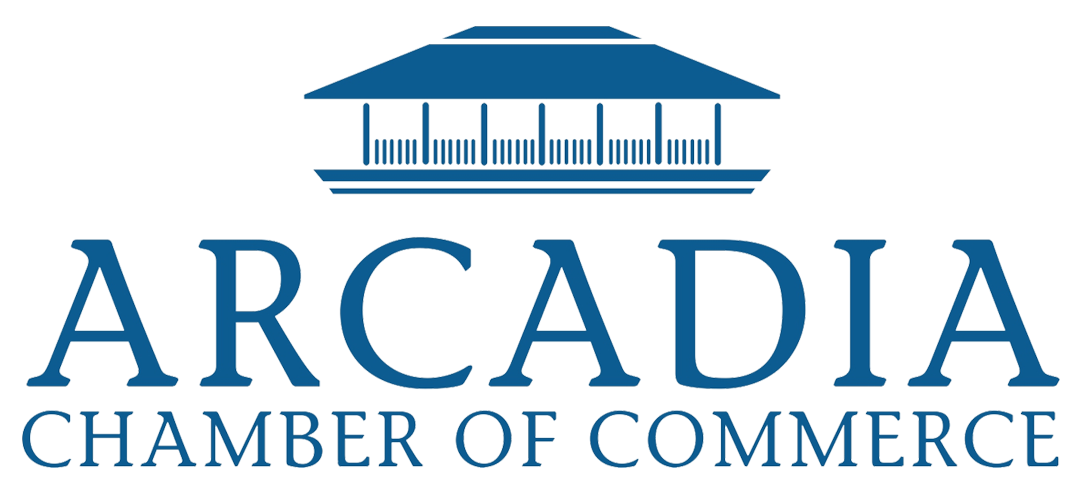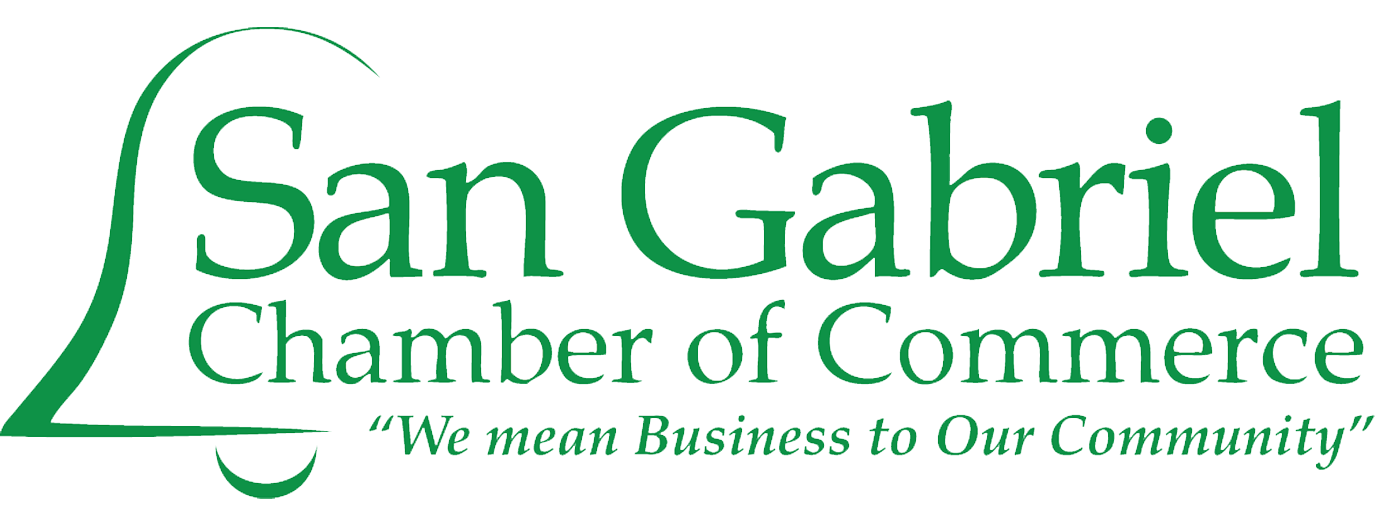Table of Contents
Elder care facilities play a crucial role in providing the right environment for seniors to thrive. One of the most essential elements of a senior’s health is proper nutrition, and in places like Trinity Hills Estates, every meal plan is customized to meet the unique needs of each resident. But why is nutrition so important for the elderly? And how can elder care centers effectively address the challenges of senior nutrition? Let’s explore how nutrition impacts senior health and how facilities like Trinity Hills Estates tailor their meal plans to support aging adults.
The Role of Nutrition in Elder Health and Wellness
How Proper Nutrition Enhances Physical Health
As we age, our bodies require different nutrients to maintain overall health. A balanced diet can help prevent common age-related issues such as osteoporosis, heart disease, and diabetes. For example, adequate protein intake is essential for maintaining muscle mass and preventing frailty, which is common in seniors. Proper nutrition can help seniors keep their bones strong, boost their immune system, and improve their energy levels. In a facility like Trinity Hills Estates, the importance of maintaining physical health through nutrition is emphasized to help seniors live independently and comfortably.
Mental Health Benefits of Good Nutrition
Nutrition isn’t just about physical well-being—it’s also closely linked to mental health. Studies show that deficiencies in certain nutrients like B vitamins, omega-3 fatty acids, and antioxidants can contribute to cognitive decline, depression, and anxiety in seniors. At Trinity Hills Estates, meal plans are designed to include brain-boosting foods like leafy greens, fish rich in omega-3s, and foods that promote a healthy gut microbiome. A nutrient-rich diet is integral to maintaining mental clarity, mood stability, and overall cognitive function as seniors age.
Trinity Hills Estates: A Focus on Nutrition
Customizing Meal Plans at Trinity Hills Estates
One of the standout features of Trinity Hills Estates is its commitment to individualized care. Recognizing that each senior has their own unique dietary preferences, health conditions, and nutritional needs, Trinity Hills Estates creates customized meal plans for each resident. This personalized approach not only ensures that each resident gets the right amount of calories, vitamins, and minerals, but it also accommodates specific health concerns such as diabetes, hypertension, or food allergies.
For example, a resident with heart disease may be served a low-sodium, low-fat meal plan that includes plenty of vegetables and lean proteins, while someone with diabetes might be given meals that focus on controlling blood sugar levels. These meal plans are created in consultation with experienced dietitians who work closely with each resident to ensure their health needs are met.
The Impact of Meal Personalization on Senior Health
Personalized meal plans have a significant impact on seniors’ health outcomes. By providing tailored nutrition, Trinity Hills Estates helps prevent malnutrition, reduce the risk of chronic disease, and support seniors in managing existing health conditions. Seniors who eat well-balanced meals that cater to their specific needs are more likely to maintain their independence, improve mobility, and even reduce the need for hospital visits.
What Makes a Nutrient-Dense Meal for Seniors?
Key Nutrients for Older Adults
As seniors age, their bodies require fewer calories but more nutrients. Therefore, it’s important to focus on nutrient-dense foods that pack a punch in terms of vitamins and minerals. Some key nutrients that older adults need include:
- Protein: Helps maintain muscle mass and repair tissue.
- Calcium and Vitamin D: Essential for bone health and preventing osteoporosis.
- Fiber: Aids digestion and helps prevent constipation.
- Omega-3 fatty acids: Important for brain health and reducing inflammation.
- Antioxidants: Help combat oxidative stress and age-related conditions.
At Trinity Hills Estates, meals are specifically designed to provide seniors with these essential nutrients in every dish.
Balancing Protein, Carbs, and Fats for Seniors
A balanced diet for seniors should include all three macronutrients: protein, carbohydrates, and fats. However, the quality of these nutrients is crucial. For example, lean proteins like chicken or fish, whole grains for carbs, and healthy fats from sources like avocado or olive oil are prioritized. A balanced meal not only provides the energy needed for daily activities but also helps manage blood sugar levels and maintains heart health.
Challenges in Senior Nutrition
Common Nutritional Deficiencies in Elderly People
Seniors are more prone to certain nutritional deficiencies, including vitamin D, calcium, iron, and B12. These deficiencies can lead to a host of problems, such as weakened bones, anemia, and cognitive decline. In facilities like Trinity Hills Estates, dietitians are diligent about identifying and addressing these gaps in nutrition, ensuring that seniors get the necessary supplements if needed.
Overcoming Appetite Loss and Poor Eating Habits
Many seniors face challenges like loss of appetite, difficulty chewing, or swallowing issues, which can make it hard for them to get the nutrients they need. To tackle this, Trinity Hills Estates focuses on making meals both appealing and easy to eat. Soft foods, well-seasoned dishes, and small, frequent meals are common strategies used to encourage eating. Additionally, the social aspect of mealtime at Trinity Hills Estates plays a role in making eating an enjoyable experience.
Tailored Meal Plans at Arcadia’s Elder Care Facilities
Individualized Meal Plans: How Trinity Hills Estates Does It
Every resident at Trinity Hills Estates receives a meal plan that’s tailored specifically to their health needs, preferences, and dietary restrictions. Whether it’s for a resident with heart disease or someone who requires gluten-free meals, the facility’s nutritionists work hard to make sure each resident receives a variety of meals that support their health and keep them satisfied.
The Role of Dietitians and Nutritionists in Meal Planning
At Trinity Hills Estates, dietitians and nutritionists play an essential role in meal planning. These experts carefully assess the health needs of each resident and create meal plans that align with those needs. They also monitor the progress of residents and make adjustments as necessary to ensure that each individual is receiving the right nutrition for optimal health.
The Link Between Nutrition and Chronic Conditions
Nutrition’s Role in Managing Heart Disease, Diabetes, and Hypertension
For seniors with chronic conditions like heart disease, diabetes, or hypertension, nutrition plays a vital role in managing symptoms and preventing further complications. Trinity Hills Estates understands the importance of managing these conditions through diet, which is why they work closely with healthcare professionals to craft meal plans that promote heart health, control blood sugar, and maintain healthy blood pressure levels.
Managing Dietary Restrictions and Special Needs
Many seniors have dietary restrictions due to medical conditions, allergies, or personal preferences. Trinity Hills Estates is well-equipped to accommodate these restrictions, ensuring that residents receive safe, delicious, and nutritious meals that meet their needs.
The Social and Emotional Benefits of Shared Meals
Meal Time as a Social Event in Elder Care
Meals at Trinity Hills Estates are more than just a time to eat—they are a social event. Sharing meals with fellow residents fosters a sense of community and belonging, which can have positive emotional effects. Socialization during meals can reduce feelings of loneliness and improve overall well-being.
The Role of Family in Senior Meal Planning
Family members play an important role in senior nutrition. Trinity Hills Estates encourages families to participate in meal planning and even enjoy meals with their loved ones. This involvement helps ensure that seniors continue to enjoy their favorite foods while receiving the best possible nutrition.
Technology and Modern Trends in Senior Nutrition
How Technology Enhances Meal Planning at Trinity Hills Estates
In today’s world, technology can enhance meal planning and tracking. At Trinity Hills Estates, advanced tools are used to track nutritional intake, monitor residents’ preferences, and even adjust meals in real time based on health assessments. These innovations ensure that each resident’s needs are met efficiently and effectively.
Using Apps and Tools to Track Senior Nutrition
There are a variety of apps and tools that can help senior care facilities track and optimize nutrition. These tools can help caregivers monitor food intake, hydration levels, and overall health, ensuring that residents are always receiving the best care possible.
Benefits of In-House Chefs and Kitchen Staff at Elder Care Facilities
The Importance of Experienced Kitchen Staff in Nutritional Care
Having an in-house kitchen team is a game-changer for Trinity Hills Estates. Experienced chefs and kitchen staff are essential in creating meals that are not only nutritious but also appealing to seniors. The team’s expertise ensures that each meal is tailored to meet dietary needs while providing delicious flavors that seniors will enjoy.
The Role of Chefs in Creating Delicious, Nutritious Meals
The chefs at Trinity Hills Estates are highly skilled at preparing meals that are both healthy and flavorful. Their ability to balance nutrition with taste makes mealtimes something to look forward to, which is essential for promoting good eating habits among seniors.
Supporting Weight Maintenance and Healthy Eating Habits in Seniors
How Nutrition Supports Weight Control in Older Adults
Maintaining a healthy weight is critical for seniors, as both underweight and overweight conditions can lead to serious health issues. Trinity Hills Estates focuses on providing well-balanced meals that support healthy weight management, with portion sizes and nutrient balance that promote optimal health.
Healthy Snack Options for Seniors
For seniors, having healthy snack options throughout the day can help keep energy levels stable and reduce the risk of overeating during main meals. Trinity Hills Estates offers a variety of healthy snack options, such as fruits, nuts, and yogurt, to keep residents satisfied and energized.
The Future of Elder Care Nutrition in Arcadia
Evolving Practices in Senior Meal Preparation
As the needs of the aging population evolve, so too do the practices in senior meal preparation. Trinity Hills Estates is always at the forefront of these changes, ensuring that their meal plans reflect the latest research on senior nutrition and aging.
What the Future Holds for Elder Care Meal Customization
Looking forward, we can expect even more advancements in how elder care facilities approach meal customization. From more personalized nutrition plans to the integration of AI in meal planning, the future of senior nutrition looks bright at places like Trinity Hills Estates.
Conclusion
In conclusion, nutrition is not just about feeding seniors—it’s about providing them with the tools they need to live healthier, happier lives. Trinity Hills Estates recognizes the importance of customized meal planning and works tirelessly to ensure that their residents receive the best possible nutrition. By focusing on nutrient-dense meals, addressing health conditions, and incorporating modern trends, Trinity Hills Estates is setting the standard for elder care nutrition in Arcadia.
FAQs
- What is the most important nutrient for seniors?
Protein is one of the most crucial nutrients for seniors, as it helps maintain muscle mass and prevent frailty. - How does Trinity Hills Estates personalize meal plans?
Trinity Hills Estates creates individualized meal plans based on each resident’s health needs, preferences, and dietary restrictions. - Can nutrition impact a senior’s mental health?
Yes, proper nutrition plays a significant role in maintaining mental health, helping to prevent cognitive decline and mood disorders. - What should I do if my elderly loved one refuses to eat?
Encourage small, frequent meals and offer foods that are easier to chew. Adding a social element to mealtime can also help stimulate appetite. - Are there any technological tools that can help with senior nutrition?
Yes, there are several apps and tools that help track and optimize nutrition for seniors, ensuring they receive the best care possible.





